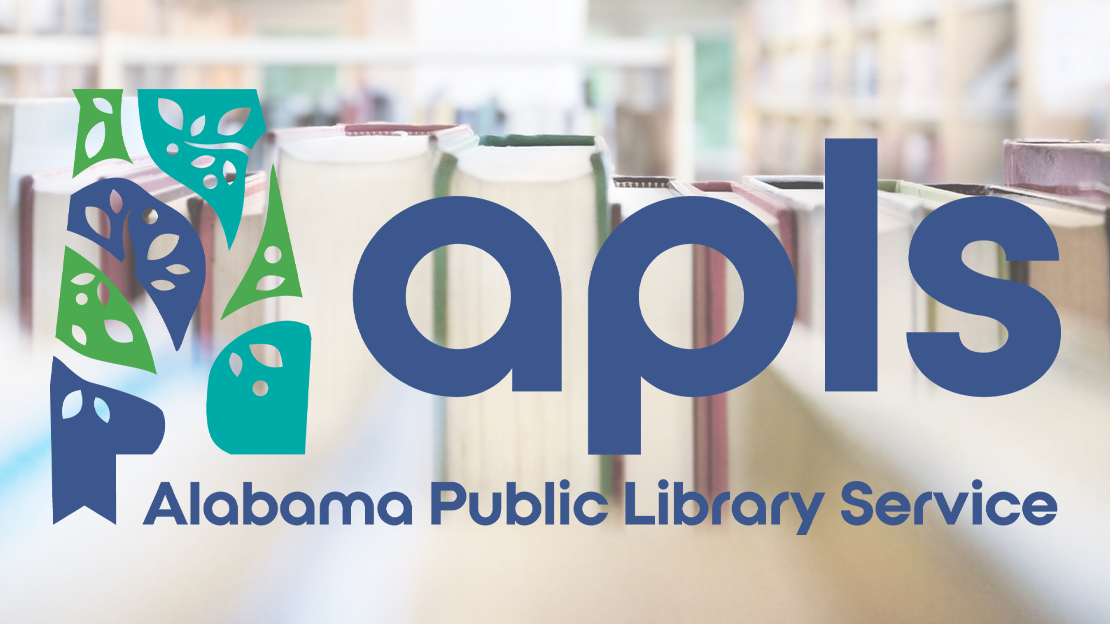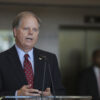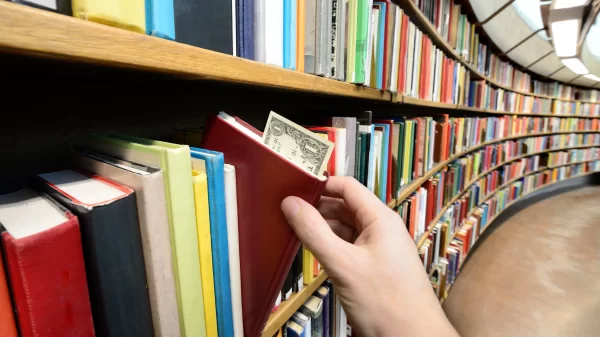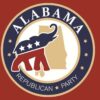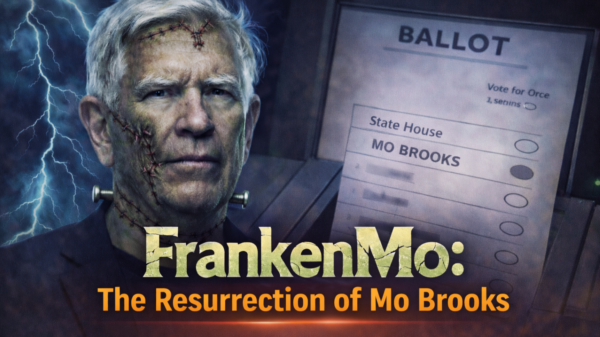The Fairhope Public Library will remain without state aid for the time being as the Alabama Public Library Service board voted to table a decision on whether to restore or permanently revoke funding.
APLS Chairman John Wahl said he didn’t want the board to make a “knee-jerk reaction” now that the library has completed its process of reviewing books and said each board member should review the books remaining in the teen section to determine whether they are “sexually explicit.”
Board member Ron Snider, who represents Fairhope’s district, made a motion to restore Fairhope’s funding but no board member seconded it. Snider sharply criticized his fellow board members.
“We are becoming a board of censorship if you go down that route,” Snider said.
Elizabeth Williams, leader of Read Freely Baldwin County, told the board its definition of “sexual explicit” material is not binding on libraries.
“Luckily, every legal expert we’ve consulted says that memo ya’ll sent out in May is non-binding, And so our board has been free to focus only on actual law and actual policy when they went back and re-evaluated the 14 appealed books you asked them to,” Williams told the board.
Fairhope Library Board Chair Randal Wright told the APLS Board that the review took into account whether the books “appeal to the prurient interest”—or in layman’s terms, whether they are intended to sexually arouse—and found that none of the challenged books met that Supreme Court standard. However, the library board still decided to move seven of 14 challenged books, Wright said.
At one point, the discussion became an argument over what is censorship.
“We are becoming a board of censorship,” Snider said.
“Getting information can never be censorship,” Wahl said.
“Of course it’s censorship, when this board is going to decide itself if a book in Fairhope or Birmingham or Ashland, Alabama, that we think it’s obscene,” Snider said.
“Deciding whether it’s obscene is not censorship; making the book illegal would be censorship,” Wahl said.
“If you move it from the person who it was written for, it’s censorship,” argued Wright.
“I would add to that as well that, librarians, every time they look in a new book decide censorship because they decide whether they’re going to put it in their library or they’re not,” Minton said. “So a form of censorship occurs every day or every library would have over 3 million books.”
“None of this is censorship,” Wahl rebutted.
“It is censorship,” Snider said.
While legal questions abound about whether the APLS definition of “sexually explicit” material is binding on whether it can be the standard for how local libraries determine sexually explicit materials in their own collections, it is a catch-all definition that includes even brief descriptions of nudity.
Using that definition in conjunction with the APLS administrative code, some of the books remaining in the teen section in Fairhope would be considered sexually explicit by the state’s standards. That would put Fairhope in violation of the state aid code despite the Fairhope Library director and board leaning on the legally-backed Miller-for-minors test.
Wahl argued that while the Fairope Library board may disagree with the state agency’s definition of sexually explicit, that the board has the right to set that definition.





































